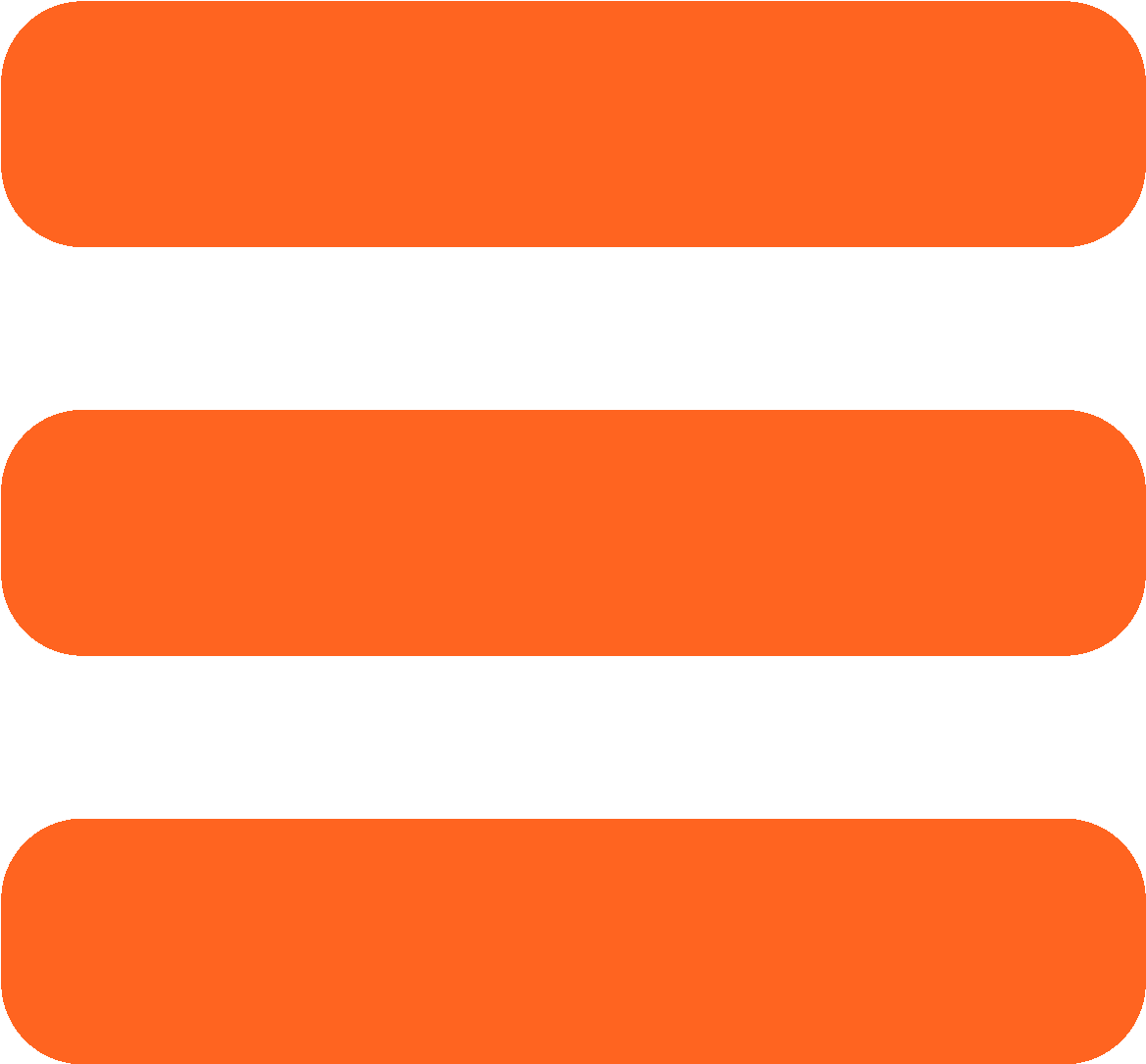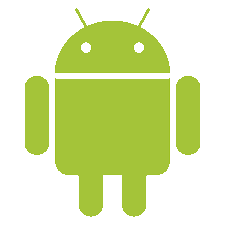
Android is a mobile operating system based on a modified version of the Linux kernel and other open source software, designed primarily for touchscreen mobile devices such as smartphones and tablets. Android is developed by a consortium of developers known as the Open Handset Alliance and commercially sponsored by Google. It was unveiled in November 2007, with the first commercial Android device, the HTC Dream, being launched in September 2008.
It is free and open-source software; its source code is known as Android Open Source Project (AOSP), which is primarily licensed under the Apache License. However, most Android devices ship with additional proprietary software pre-installed, most notably Google Mobile Services (GMS) which includes core apps such as Google Chrome, the digital distribution platform Google Play and associated Google Play Services development platform.
Over 70 percent of Android smartphones run Google's ecosystem; some with vendor-customized user interface and software suite, such as TouchWiz and later One UI by Samsung, and HTC Sense. Competing Android ecosystems and forks include Fire OS (developed by Amazon) or LineageOS. However, the "Android" name and logo are trademarks of Google which impose standards to restrict "uncertified" devices outside their ecosystem to use Android branding.
The source code has been used to develop variants of Android on a range of other electronics, such as game consoles, digital cameras, portable media players, PCs and others, each with a specialized user interface. Some well known derivatives include Android TV for televisions and Wear OS for wearables, both developed by Google.
Kotlin
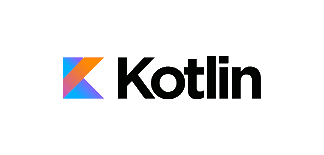 Kotlin is a cross-platform, statically typed, general-purpose
programming language with type inference.
Kotlin is designed to interoperate fully with Java, and the JVM version of Kotlin's standard
library depends on the Java Class Library,
but type inference allows its syntax to be more concise. Kotlin mainly targets the JVM, but
also compiles to JavaScript (e.g., for frontend web applications using React) or native code
(via LLVM);
e.g., for native iOS apps sharing business logic with Android apps. Language development
costs are borne by JetBrains, while the Kotlin Foundation protects the Kotlin trademark.
Kotlin is a cross-platform, statically typed, general-purpose
programming language with type inference.
Kotlin is designed to interoperate fully with Java, and the JVM version of Kotlin's standard
library depends on the Java Class Library,
but type inference allows its syntax to be more concise. Kotlin mainly targets the JVM, but
also compiles to JavaScript (e.g., for frontend web applications using React) or native code
(via LLVM);
e.g., for native iOS apps sharing business logic with Android apps. Language development
costs are borne by JetBrains, while the Kotlin Foundation protects the Kotlin trademark.
On 7 May 2019, Google announced that the Kotlin programming language is now its preferred language for Android app developers. Since the release of Android Studio 3.0 in October 2017, Kotlin has been included as an alternative to the standard Java compiler. The Android Kotlin compiler produces Java 8 bytecode by default (which runs in any later JVM), but lets the programmer choose to target Java 9 up to 16, for optimization, or allows for more features; has bidirectional record class interoperability support for JVM, introduced in Java 16, considered stable as of Kotlin 1.5.
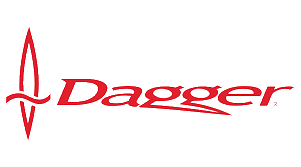 Dagger is a fully static, compile-time dependency injection
framework for Java, Kotlin, and Android. It is an adaptation of an earlier version created
by Square and now maintained by Google.
Dagger aims to address many of the development and performance issues that have plagued
reflection-based solutions.
Dagger is a fully static, compile-time dependency injection
framework for Java, Kotlin, and Android. It is an adaptation of an earlier version created
by Square and now maintained by Google.
Dagger aims to address many of the development and performance issues that have plagued
reflection-based solutions.
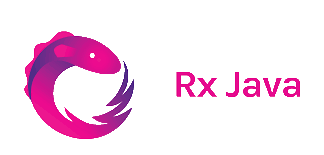 RxJava is a Java VM implementation of Reactive Extensions: a
library for composing asynchronous and event-based programs by using observable sequences.
It extends the observer pattern to support sequences of data/events and adds operators that
allow you to compose sequences together declaratively while abstracting away
concerns about things like low-level threading, synchronization, thread-safety and
concurrent data structures.
RxJava is a Java VM implementation of Reactive Extensions: a
library for composing asynchronous and event-based programs by using observable sequences.
It extends the observer pattern to support sequences of data/events and adds operators that
allow you to compose sequences together declaratively while abstracting away
concerns about things like low-level threading, synchronization, thread-safety and
concurrent data structures.
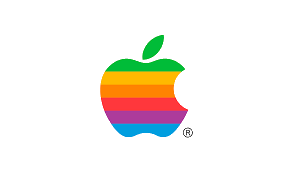
iOS (formerly iPhone OS) is a mobile operating system created and developed by Apple Inc. exclusively for its hardware. It is the operating system that powers many of the company's mobile devices, including the iPhone and iPod Touch; the term also included the versions running on iPads until the name iPadOS was introduced with version 13 in 2019. It is the world's second-most widely installed mobile operating system, after Android. It is the basis for three other operating systems made by Apple: iPadOS, tvOS, and watchOS. It is proprietary software, although some parts of it are open source under the Apple Public Source License and other licenses.
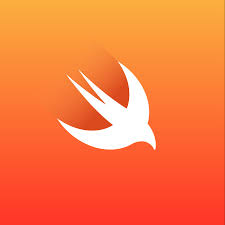 Swift is a general-purpose, multi-paradigm, compiled
programming language developed by Apple Inc. and the open-source community.
First released in 2014, Swift was developed as a replacement for Apple's earlier programming
language Objective-C, as Objective-C had been largely unchanged since the early 1980s
and lacked modern language features. Swift works with Apple's Cocoa and Cocoa Touch
frameworks, and a key aspect of Swift's design was the ability to interoperate with the huge
body
of existing Objective-C code developed for Apple products over the previous decades. It is
built with the open source LLVM compiler framework and has been included in Xcode since
version 6,
released in 2014. On Apple platforms, it uses the Objective-C runtime library, which allows
C, Objective-C, C++ and Swift code to run within one program.
Swift is a general-purpose, multi-paradigm, compiled
programming language developed by Apple Inc. and the open-source community.
First released in 2014, Swift was developed as a replacement for Apple's earlier programming
language Objective-C, as Objective-C had been largely unchanged since the early 1980s
and lacked modern language features. Swift works with Apple's Cocoa and Cocoa Touch
frameworks, and a key aspect of Swift's design was the ability to interoperate with the huge
body
of existing Objective-C code developed for Apple products over the previous decades. It is
built with the open source LLVM compiler framework and has been included in Xcode since
version 6,
released in 2014. On Apple platforms, it uses the Objective-C runtime library, which allows
C, Objective-C, C++ and Swift code to run within one program.
Apple intended Swift to support many core concepts associated with Objective-C, notably dynamic dispatch, widespread late binding, extensible programming and similar features, but in a "safer" way, making it easier to catch software bugs; Swift has features addressing some common programming errors like null pointer dereferencing and provides syntactic sugar to help avoid the pyramid of doom. Swift supports the concept of protocol extensibility, an extensibility system that can be applied to types, structs and classes, which Apple promotes as a real change in programming paradigms they term "protocol-oriented programming" (similar to traits).
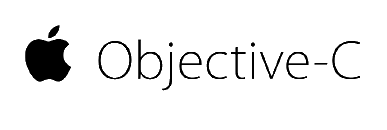 Objective-C is a general-purpose, object-oriented programming
language that adds Smalltalk-style messaging to the C programming language.
Originally developed by Brad Cox and Tom Love in the early 1980s, it was selected by NeXT
for its NeXTSTEP operating system.
Objective-C was the standard programming language supported by Apple for developing macOS
(which descended from NeXTSTEP) and iOS applications using their
respective application programming interfaces (APIs), Cocoa and Cocoa Touch, until the
introduction of Swift in 2014.
Objective-C is a general-purpose, object-oriented programming
language that adds Smalltalk-style messaging to the C programming language.
Originally developed by Brad Cox and Tom Love in the early 1980s, it was selected by NeXT
for its NeXTSTEP operating system.
Objective-C was the standard programming language supported by Apple for developing macOS
(which descended from NeXTSTEP) and iOS applications using their
respective application programming interfaces (APIs), Cocoa and Cocoa Touch, until the
introduction of Swift in 2014.
Objective-C programs developed for non-Apple operating systems or that are not dependent on Apple’s APIs may also be compiled for any platform supported by GNU GCC or LLVM/Clang.
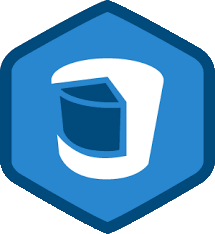 Core DataCore Data is an object graph and persistence framework
provided by Apple in the macOS and iOS operating systems.
It was introduced in Mac OS X 10.4 Tiger and iOS with iPhone SDK 3.0. It allows data
organized by the relational entity–attribute model to be serialized into XML,
binary, or SQLite stores. The data can be manipulated using higher level objects
representing entities and their relationships. Core Data manages the serialized version,
providing object lifecycle and object graph management, including persistence. Core Data
interfaces directly with SQLite, insulating the developer from the underlying SQL.
Core DataCore Data is an object graph and persistence framework
provided by Apple in the macOS and iOS operating systems.
It was introduced in Mac OS X 10.4 Tiger and iOS with iPhone SDK 3.0. It allows data
organized by the relational entity–attribute model to be serialized into XML,
binary, or SQLite stores. The data can be manipulated using higher level objects
representing entities and their relationships. Core Data manages the serialized version,
providing object lifecycle and object graph management, including persistence. Core Data
interfaces directly with SQLite, insulating the developer from the underlying SQL.
Just as Cocoa Bindings handle many of the duties of the controller in a model–view–controller design, Core Data handles many of the duties of the data model. Among other tasks, it handles change management, serializing to disk, memory footprint minimization and queries against the data.
 Cocoa Touch is the application development environment for
building software programs to run on iOS for the iPhone and iPod Touch, iPadOS for the iPad,
watchOS for the Apple Watch,
and tvOS for the Apple TV, from Apple Inc.
Cocoa Touch is the application development environment for
building software programs to run on iOS for the iPhone and iPod Touch, iPadOS for the iPad,
watchOS for the Apple Watch,
and tvOS for the Apple TV, from Apple Inc.
Cocoa Touch provides an abstraction layer of iOS, the operating system for the iPhone, iPod Touch, and iPad. Cocoa Touch is based on the macOS Cocoa API toolset and, like it, is primarily written in the Objective-C language. Cocoa Touch allows the use of hardware and features that are not found in macOS computers and are thus unique to the iOS range of devices. Just like Cocoa, Cocoa Touch follows a Model–View–Controller (MVC) software architecture.
Cocoa Touch contains a different set of graphical control elements from Cocoa. Tools for developing applications based on Cocoa Touch are included in the iOS SDK.
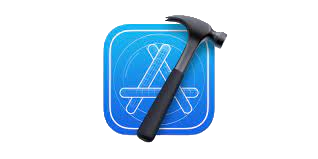 Xcode is Apple's integrated development environment (IDE) for macOS, used to develop software for macOS, iOS, iPadOS, watchOS, and tvOS. It was first released in 2003;
the latest stable release is version 13.1, released on October 25, 2021, and is available via the Mac App Store free of charge for macOS Monterey users.
Registered developers can download preview releases and prior versions of the suite through the Apple Developer website. Xcode includes Command Line Tools (CLT),
which enable UNIX-style development via the Terminal app in macOS. They can also be downloaded and installed without the GUI.
Xcode is Apple's integrated development environment (IDE) for macOS, used to develop software for macOS, iOS, iPadOS, watchOS, and tvOS. It was first released in 2003;
the latest stable release is version 13.1, released on October 25, 2021, and is available via the Mac App Store free of charge for macOS Monterey users.
Registered developers can download preview releases and prior versions of the suite through the Apple Developer website. Xcode includes Command Line Tools (CLT),
which enable UNIX-style development via the Terminal app in macOS. They can also be downloaded and installed without the GUI.
Just as Cocoa Bindings handle many of the duties of the controller in a model–view–controller design, Core Data handles many of the duties of the data model. Among other tasks, it handles change management, serializing to disk, memory footprint minimization and queries against the data.
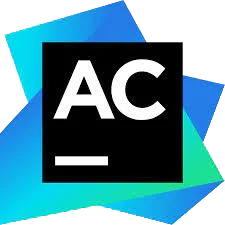 AppCode is an integrated development environment (IDE) for Swift, Objective-C, C, and C++ development built on JetBrains’ IntelliJ IDEA platform.
The first public preview version of AppCode became available in April 2011. The latest stable release is shown next to Stable release and is available at JetBrains’ official web site.
AppCode is built on IntelliJ IDEA platform, which is written in Java and Kotlin. Users can extend its abilities by installing plug-ins created for IntelliJ Platform,
as well as they can write their own plug-ins.
AppCode is an integrated development environment (IDE) for Swift, Objective-C, C, and C++ development built on JetBrains’ IntelliJ IDEA platform.
The first public preview version of AppCode became available in April 2011. The latest stable release is shown next to Stable release and is available at JetBrains’ official web site.
AppCode is built on IntelliJ IDEA platform, which is written in Java and Kotlin. Users can extend its abilities by installing plug-ins created for IntelliJ Platform,
as well as they can write their own plug-ins.
